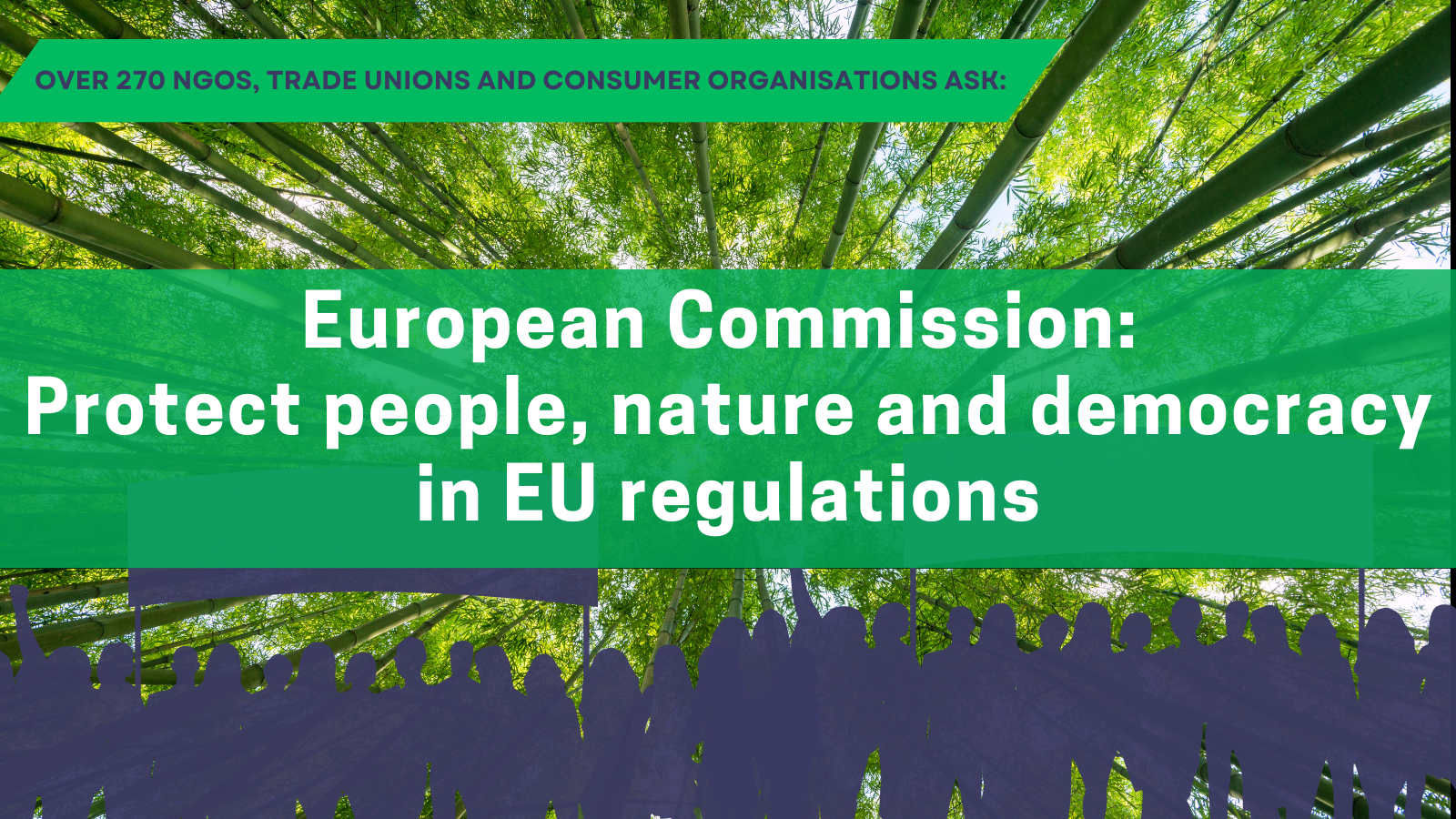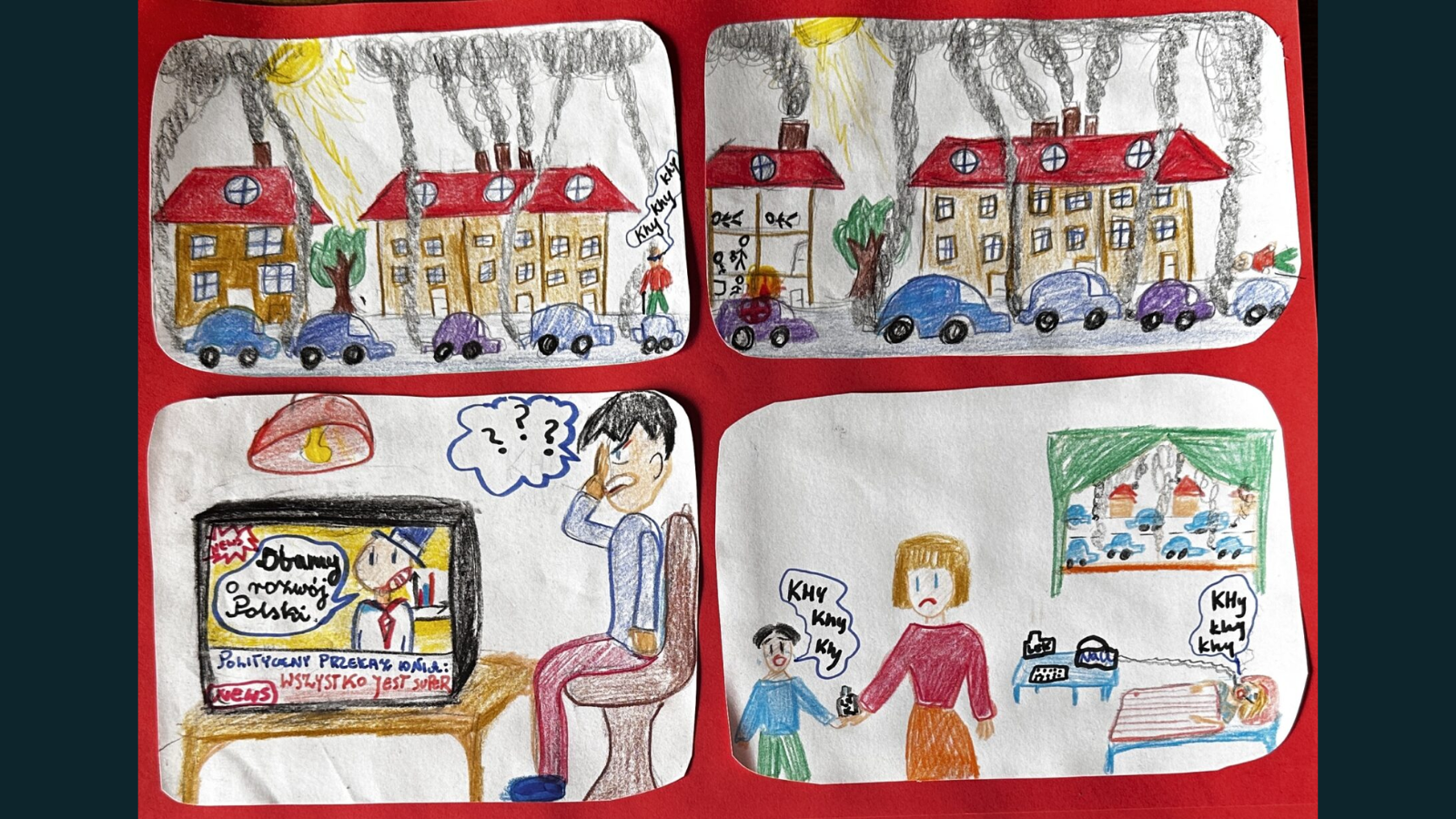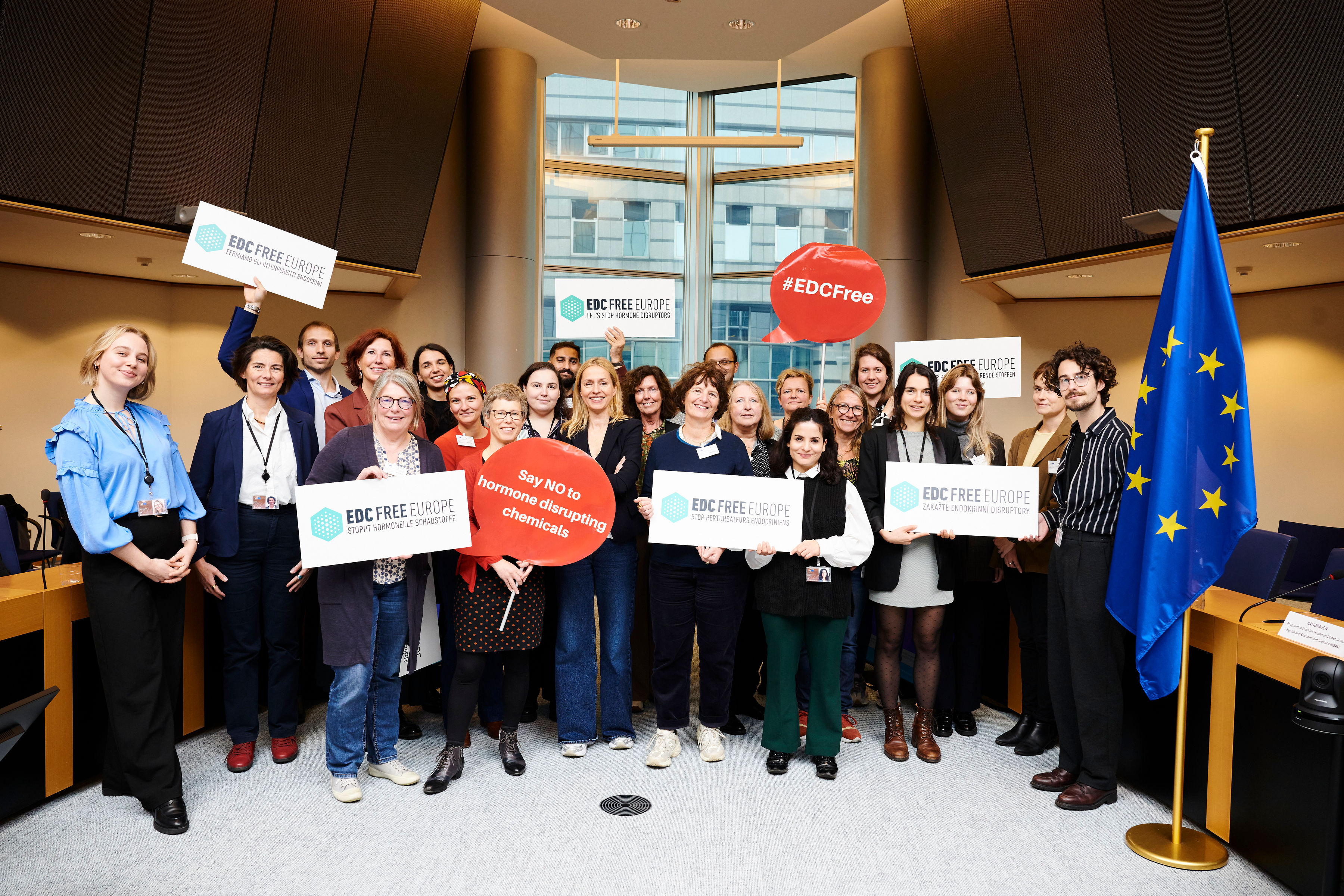The next EU budget: Strengthening financing for zero pollution, climate resilience and disease prevention
In the coming months, EU institutions will negotiate the next Multiannual Financial Framework (MFF). The MFF is the EU’s long-term budget, usually covering a seven-year period. It details the public spending for different areas of EU policies, including environment and climate action.










